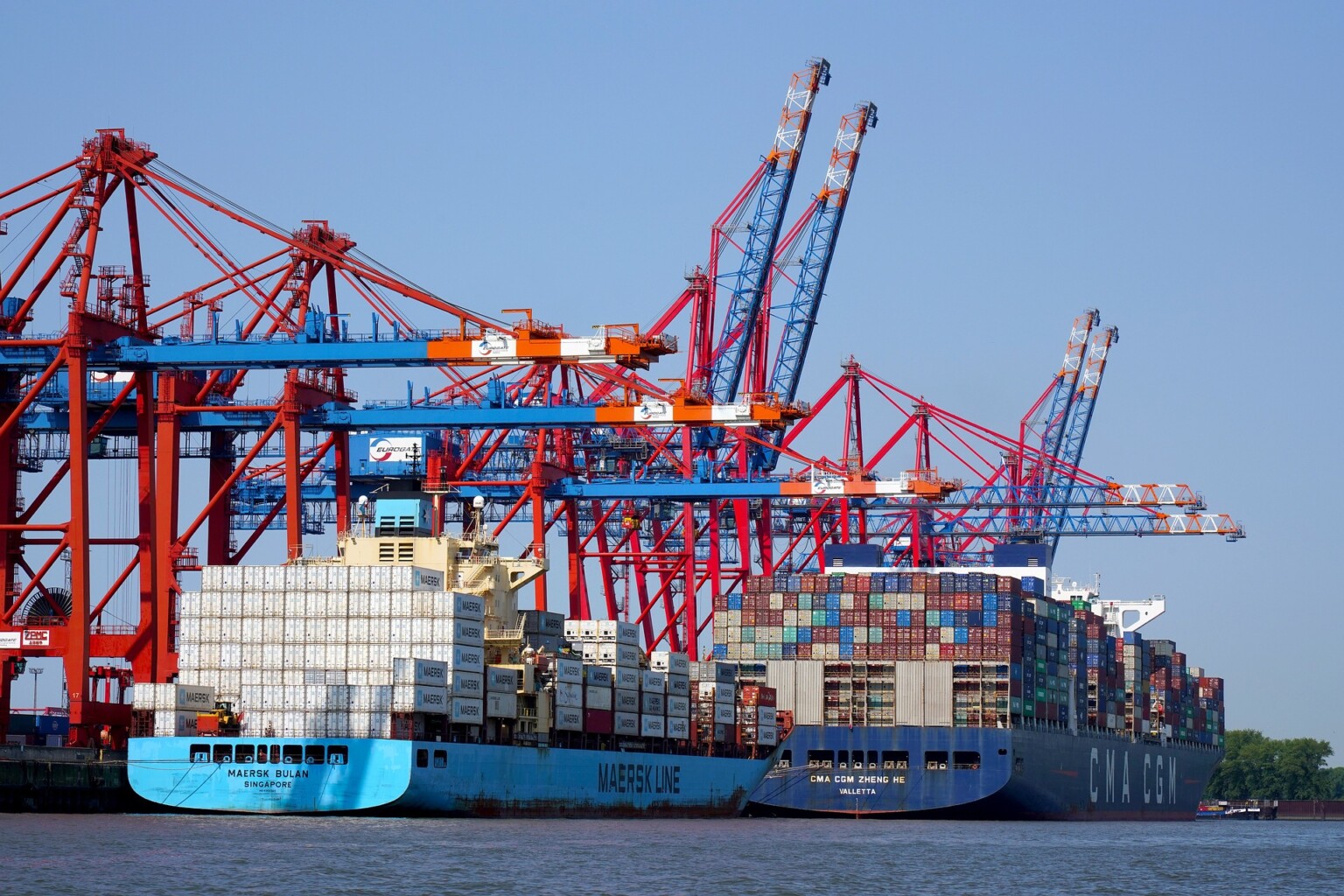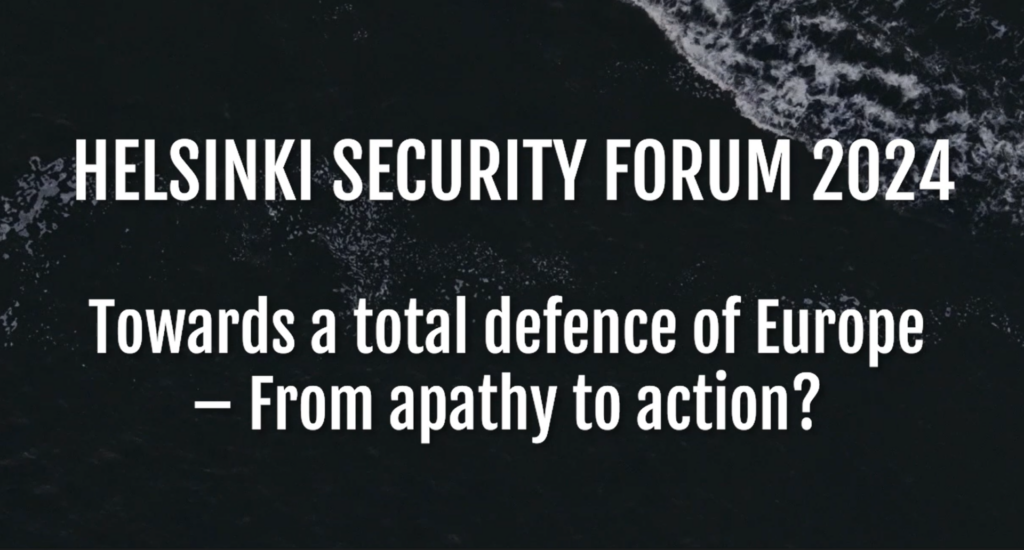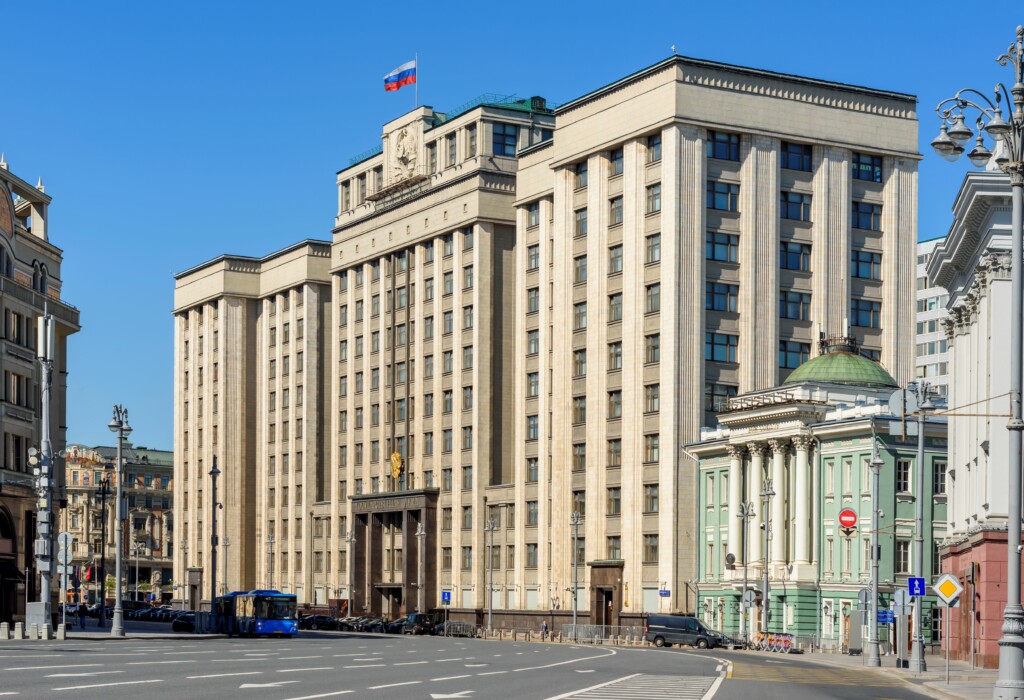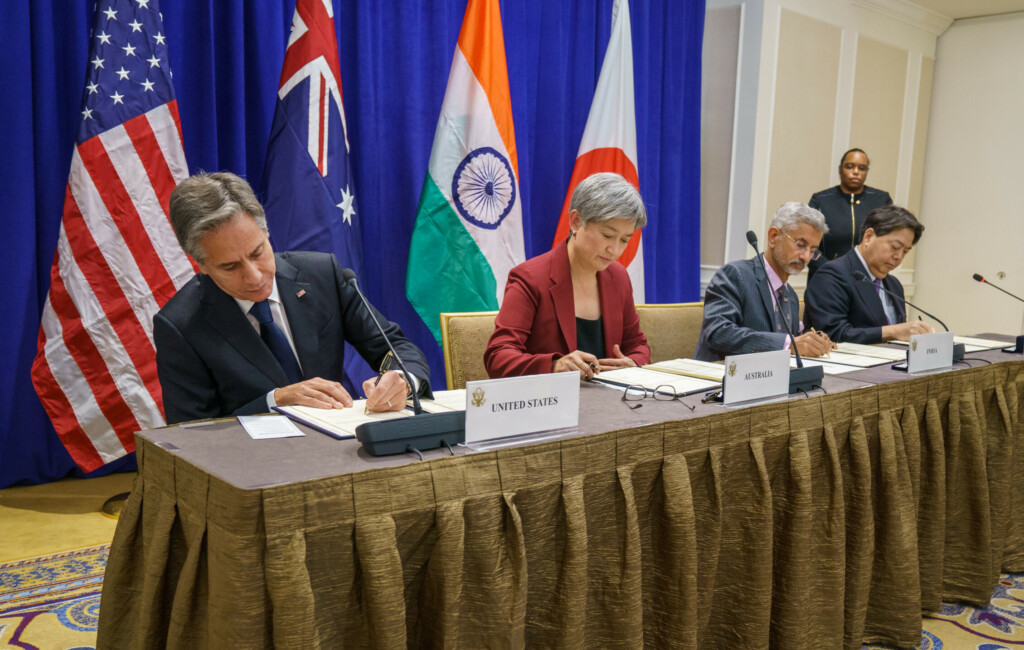Publications

MANAGING THE NEW ECONOMIC SECURITY DILEMMA
The era of unfettered globalisation is over. In the 1970s, policymakers began giving business actors more freedom in deciding where they would operate. As a result, corporations globalised their production and supply chains to take advantage of specialisation and maximise efficiency, giving rise to a deepening economic interdependence across the globe.
Policymakers took a benign view of this deepening interdependence for both economic and political reasons. Economically, interdependence was assumed to foster synergies and economies of scale, maximising gains for states by increasing efficiency within and across their economies. Politically, interdependence was assumed to incentivise cooperation and constrain conflicts between states.
Western policymakers in particular believed that growing interdependence would encourage states to abandon power politics in favour of cooperation and integration into the liberal world order and global marketplace, benefitting the countries involved proportionally to their participation. This belief has now been broken.
Dependence on foreign actors for the provision of strategic goods and services is seen as a risk to be kept in check.
Today, economic interdependencies are increasingly viewed as vulnerabilities in a remarkable reversal of the earlier liberal view of globalisation. Dependence on foreign actors for the provision of strategic goods and services is seen as a risk to be kept in check. The shift has precipitated a new focus on economic security.
The European Commission – long a harbinger of free trade and liberal integration – provides a telling example with its new economic security strategy. It actively seeks to minimise “the risks arising from economic linkages that in the past decades we viewed as benign” but that now are identified as possibly threatening the EU’s national security. In Australia, Japan, the United Kingdom, and the United States, economic and security policies are similarly becoming intertwined in a manner unseen for quite some time.
The old liberalising logic is being supplanted by a new geoeconomic logic with profound, albeit uncertain, effects on the international economy. What is clear is that the notion of economic security as national security is fundamentally altering economic policymaking. Faced with the prospect that economic dependencies might be weaponised by foreign powers, states seek to identify the assets and capabilities they consider strategic, and which warrant protection from foreign control, or which should be developed within the national economy. They pursue a strategy of “balancing dependence” on foreign actors by measures such as investment restrictions to prevent rivals from acquiring critical technologies or rolling out new industrial policies to promote local development.
The quest for economic security risks catalysing a geoeconomic chain reaction of protectionist measures around the globe.
The quest for economic security risks catalysing a geoeconomic chain reaction of protectionist measures around the globe. States on the receiving end of these measures react by similarly employing measures aimed at balancing their respective dependencies. Such a spiral has been visible in Sino-US relations already for some time. Yet, these pressures are weighing on transatlantic relations, too.
These new economic security policies are ultimately coupled with a new security dilemma. Traditional security dilemmas are activated by geopolitical balancing. States strengthen their military preparedness in response to others doing the same, thus catalysing an arms race. Similar dynamics are at play in geoeconomics. Balancing dependence generates an economic security dilemma as states seek to adjust their level of dependence in relation to similar efforts by others. In the process, the interdependent fabric of current economic relations starts coming apart with far-reaching reverberations for the international system.
For the future of transatlantic relations, managing this economic security dilemma should be of the utmost concern. Sustained transatlantic efforts are needed to reconcile interests to protect and enhance economic security without triggering a geoeconomic chain reaction of protectionism. Both the EU and the US are dependent for their economic resilience on the continuity of international flows of critical goods, products and services. Neither of them will find it easy to be self-sufficient in many critical sectors but together they have many complementarities. They also share many of the economic threats currently facing them, including disruptions in microchip supply chains. Together with partners like Australia, Japan and South Korea, the EU and the US can collectively best strengthen their economic security and resilience. In interdependent systems, the key to economic security lies in cooperation.
GOING FORWARD:
- The EU and the US need to establish a strategic-level dialogue to harmonise economic security measures, for which a wholly new joint mechanism may be needed to assist with information sharing and assessments. At present, differing views on how to respond to economic security challenges undermine economic cooperation and hamper effective action. Establishing a Center of Excellence on Transatlantic Economic Security may be a way forward.
- Managing de-risking is far from straightforward and will require addressing a number of questions and what it takes to reshore and ramp up domestic production of them. Governments will also need to think hard about their level of willingness to bear the costs associated with the removal of assets from the free interplay of market forces.
- Implementing any economic security strategy will require better economic intelligence and close cooperation with the private sector. Private sector actors operate critical supply lines, and own the majority of strategic economic assets, infrastructure and services. It remains to be determined, how the private sector can commit to building redundancies and sharing information on supply chain vulnerabilities with the government.
Mikael Wigell is Research Director at the Finnish Institute of International Affairs and Adjunct Professor in International Political Economy at the University of Tampere.
This article has previously been published as part of the Helsinki Security Forum 2023 report.

Helsinki Security Forum 2024 addresses the need for European total defence
The third annual Helsinki Security Forum (HSF) will be held on 27–29 September 2024. This year’s conference is titled Towards...

for HSF Blog
Rejecting Russian Spheres of Influence
The EU has rejected the language of spheres of influence in favour of an international order based on common rules...

for HSF Blog
Reverberations in the Indo-Pacific of the War in Ukraine
Russia’s war of aggression against Ukraine has had significant ripple effects in Indo-Pacific security dynamics and ongoing great-power competition.

About the author
Mikael Wigell
Research Director, FIIA
Mikael Wigell is Research Director at the Finnish Institute of International Affairs and Adjunct Professor in International Political Economy at the University of Tampere. He belongs to the World Economic Forum Expert Network, currently curating the WEF’s Geoeconomics section. Wigell has also been a Member of the Development Policy Committee of the Finnish Government and Chairman of the Finnish International Studies Association. He earned his PhD at the London School of Economics and he has been a Visiting Fellow at the Changing Character of War Centre, Oxford University.
His work on great-power politics, geoeconomics, hybrid threats and the political economy of development has been published in top-ranked international academic journals such as International Affairs, World Development, The Washington Quarterly, Comparative Strategy, Democratization, Asia Europe Journal and Global Affairs.